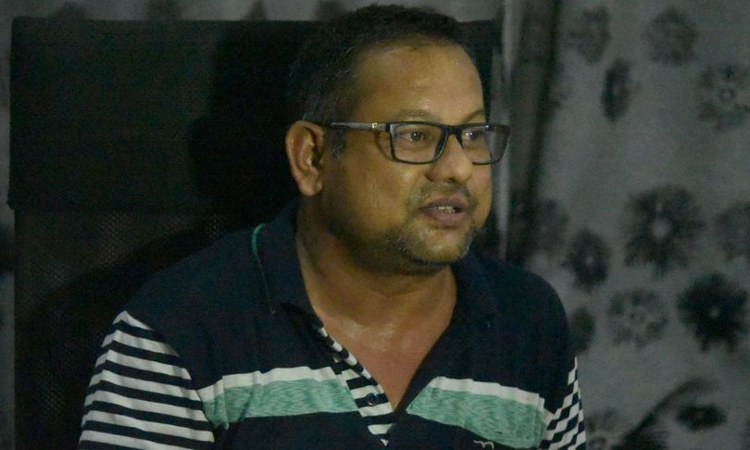Bombay High Court Rejects Surendra Gadling's Bail Plea In 2016 Case, May Halt Release For Mother's Funeral Rites
Sharmeen Hakim
12 Aug 2021 1:40 PM IST

Next Story
12 Aug 2021 1:40 PM IST
UPDATE at 7.40 PM, August 12 : Bhima Koregaon Accused Surendra Gadling Granted Temporary Bail By Sessions Court in 2016 UAPA Case For Performing Mother's Funeral Rites Two days before the accused Advocate Surendra Gadling was meant to participate in his mother's funeral rites, the Nagpur Bench of the Bombay High Court has refused him bail in a 2016 case under the Unlawful...
